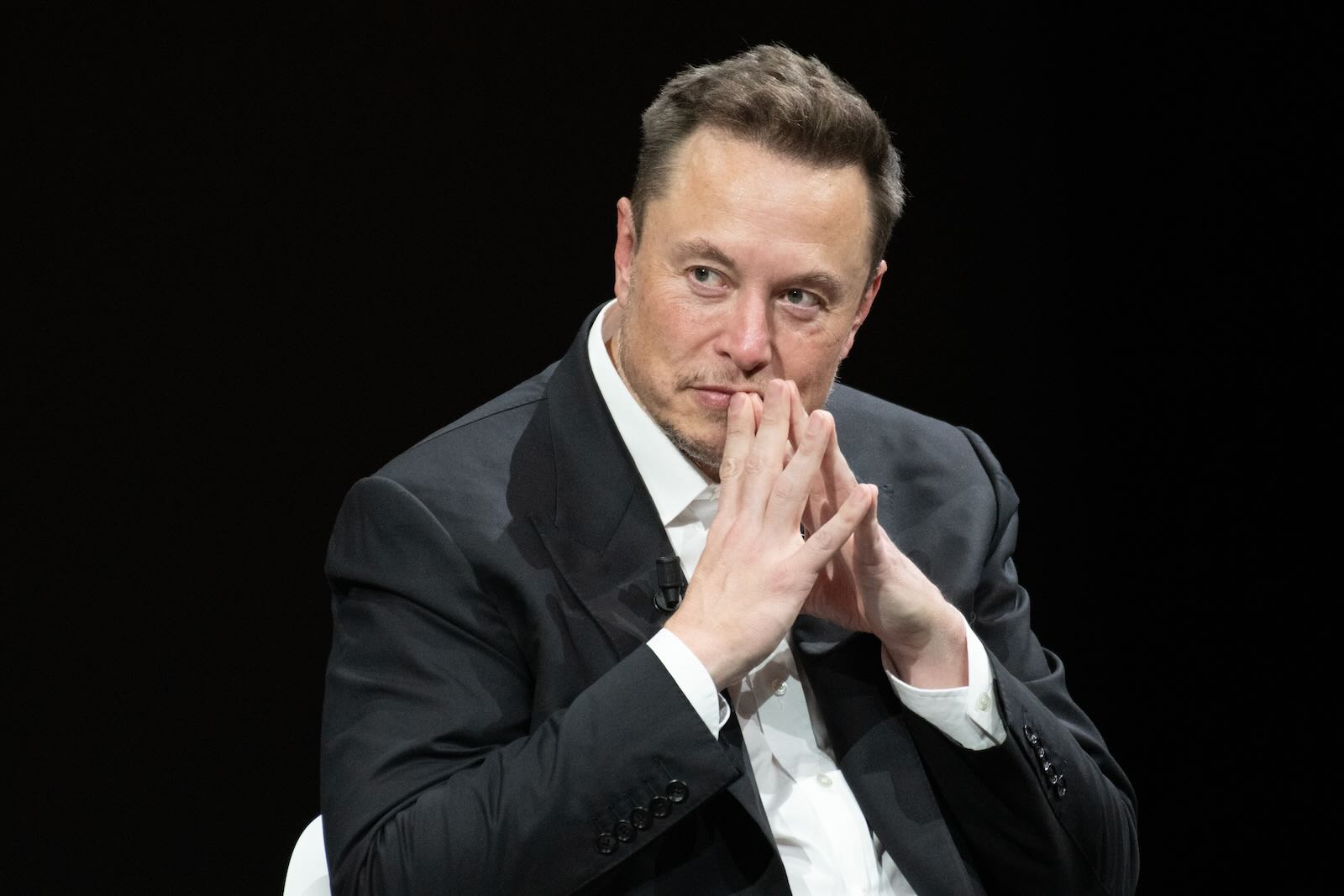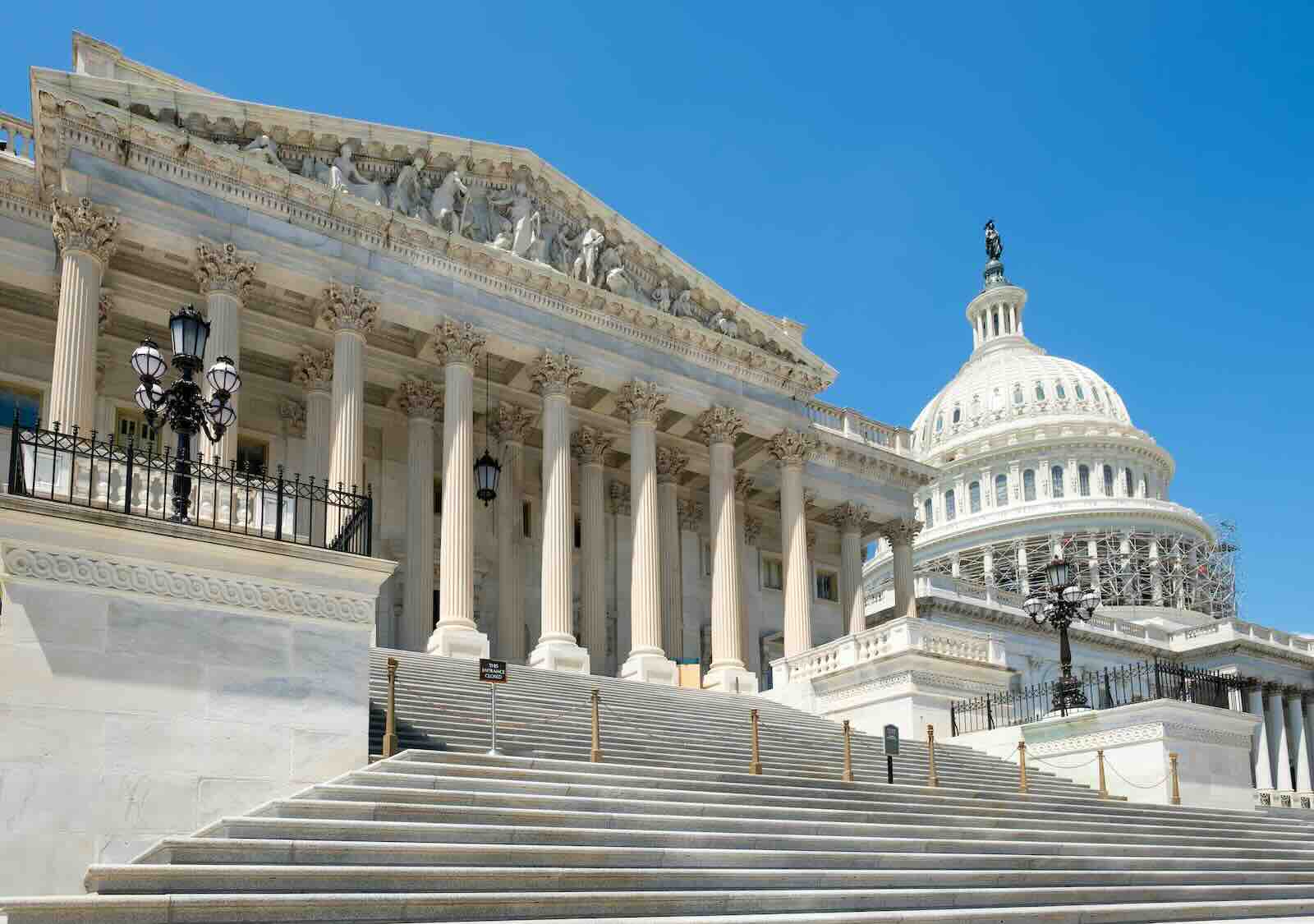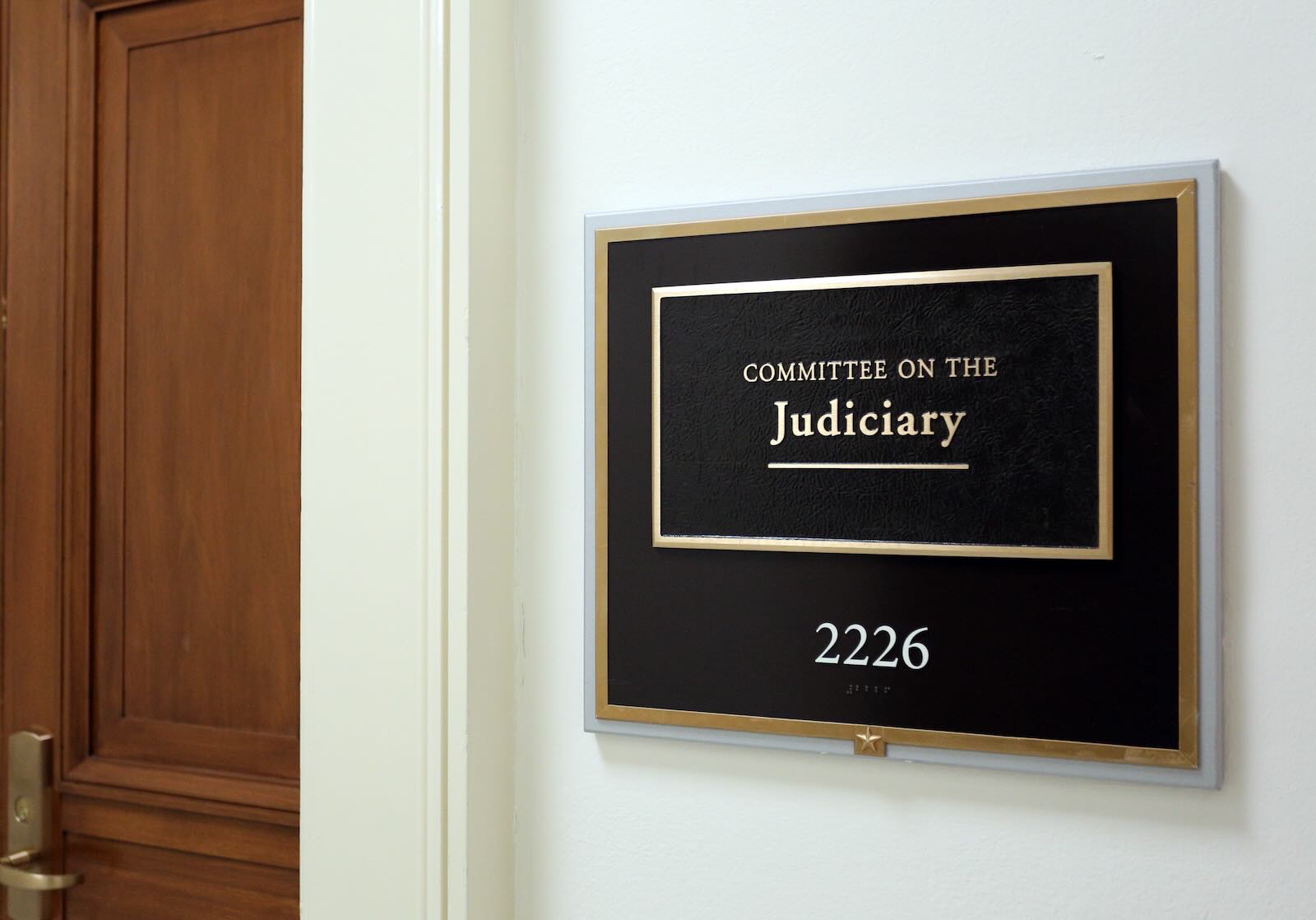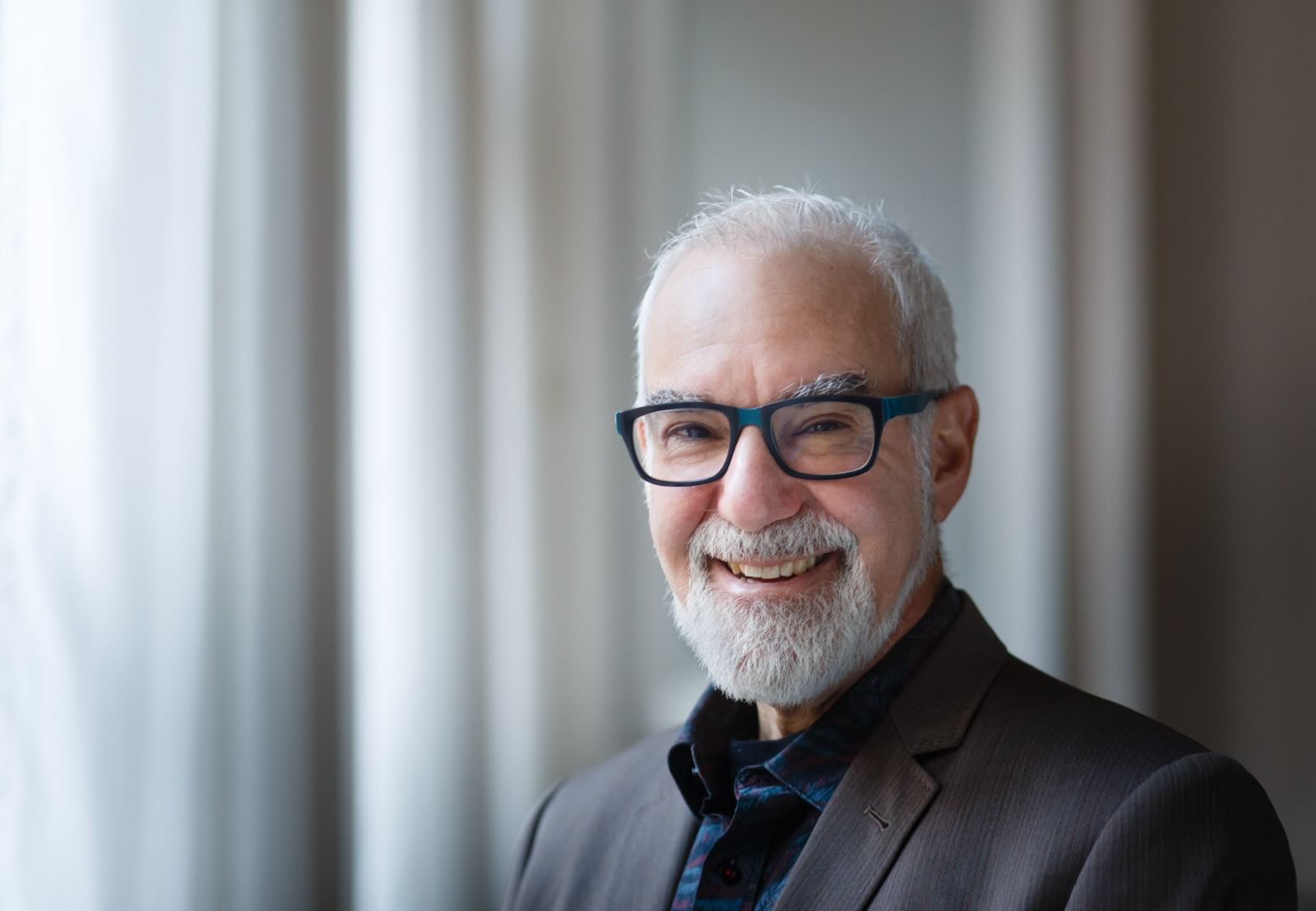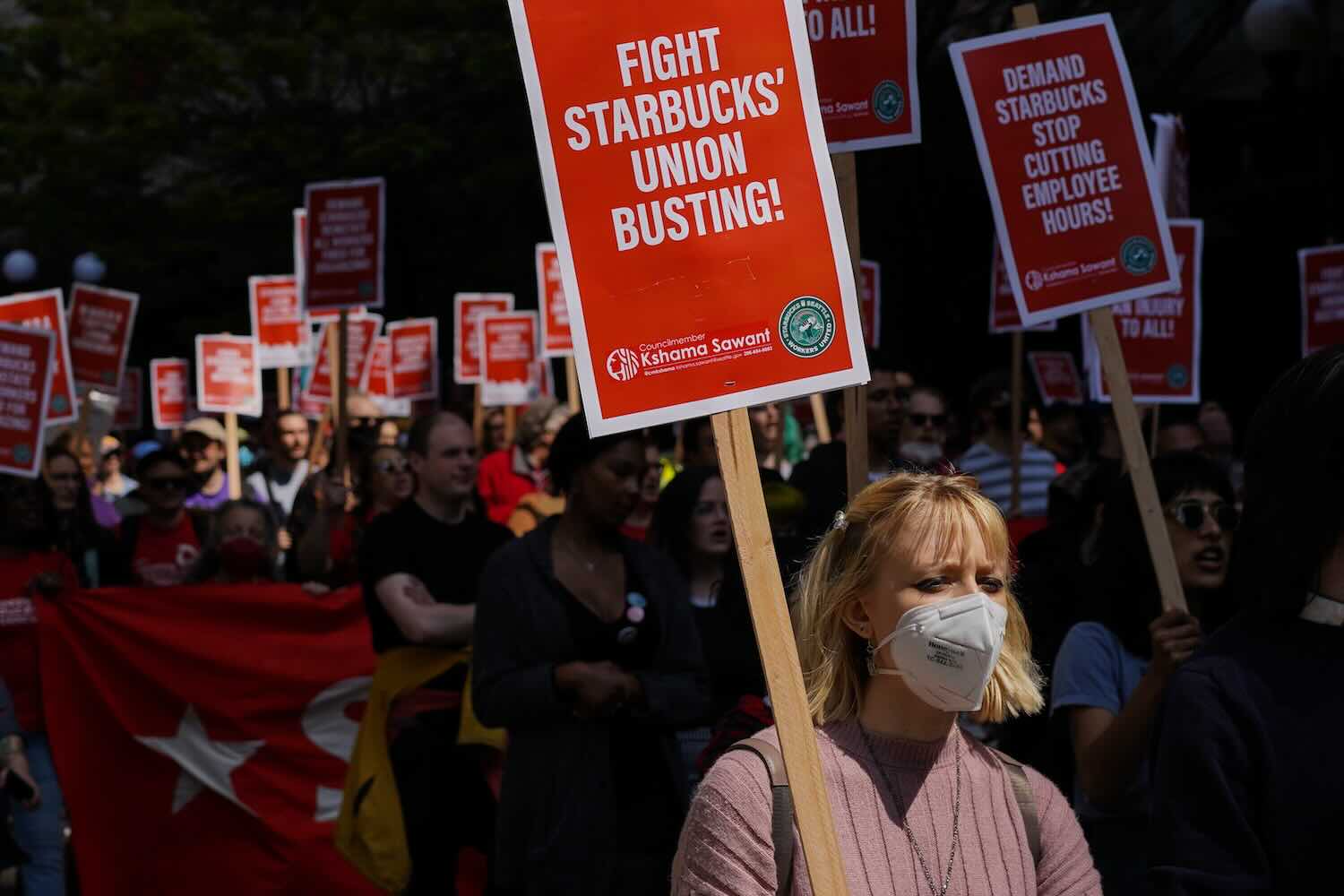The $56 billion pay package for Elon Musk on the ballot today at Tesla’s shareholder meeting is widely seen as a referendum on his leadership of the electric car maker.
The vote, which shareholders are expected to approve, is also about how the billionaire class can flex its muscles to protect the ability to continue to amass such fantastic wealth. Musk is already the world’s richest person, with a net worth just under $210 billion.
Huge stock windfalls like the one Musk is on tap for are fueling new levels of wealth and income inequality. The wealthiest 10% US households own 93% of all U.S. households’ stock market wealth, with bull markets swelling their gains. Oxfam, in a recent paper, predicted the world’s first trillionaire within a decade. The new inequality gap “is not so much between the rich and people living in poverty,” Oxfam said, “but between an oligarchic few and the vast majority.”
The pay fight comes at a time of opportunity to reduce, not increase, wealth inequality. Since the COVID-19 pandemic, the strength of labor has surged amid tight demand for workers and low unemployment. That renewed power — seen in deals last year between United Autoworkers Union members and the Big Three carmakers in Detroit, and in labor-friendly rulings by the federal National Labor Relations Board that make it easier for workers to win union recognition — has helped drive the first real wage gains for rank and file workers in decades.
Even by today’s outsized CEO pay standards, the Tesla chief’s compensation is eye-popping. In comparison, Sundar Pichai of Alphabet (market value: $1.9 trillion) is getting $226 million, according to an April Reuters analysis. At Apple (market cap: $2.6 trillion), Tim Cook receives $63 million. Nvidia’s Jensen Huang package, recently boosted to $34.2 million, is relatively modest for a company with a market cap of $2.1 trillion.
Tesla’s current market value is roughly $555 billion. The company’s shares are down around 29% so far this year on slowing EV sales and increased competition, a plunge that has shrunk the value of Musk’s package to around $46 billion.
New inequality gap
Tesla’s falling shares are not the only way in which Musk’s pay package seems like a throwback to an earlier era. From the mid-1970s until the Covid-19 pandemic, as much as $50 trillion in wealth was transferred to the top 1% from the bottom 90% of income earners. Real wages hardly budged.
Since then, wage inequality has shrunk for the first time in decades. In rounding up the “superstar status” of the post-pandemic US economy, The Atlantic’s Rogé Karma cited studies that show lowest-paid workers clocked the fastest wage gains. The economist Arindrajit Dube and his co-authors found the recent wage gains have erased up to one-third of the wage inequality over the previous four decades. “We haven’t seen a reduction in wage inequality like this since the 1940s,” Dube told Karma.
CEO compensation has been defying such gravity. Median compensation for S&P 500 CEOs surged nearly 13% in 2023, to $16.3 million, much of it through stock awards, according to a study by Equilar and the Associated Press. Their employees received a median $81,467, up just 5% from 2022, or 185 times less than their leaders. Inflation has been eating into hourly wage gains as well.
In a closely-watched ruling last January in a shareholder derivative lawsuit, a Delaware judge voided Musk’s pay package, calling it “an unfathomable sum.” Citing Musk’s “extensive ties” to his board and inadequate disclosure, she ruled that the package, crafted in 2018, was “a breach of fiduciary duty.” Musk has threatened to reincorporate in Texas as a result; shareholders will vote on that as well today.
The all-stock package was awarded by Tesla’s board of directors in 2018 when the company’s shares were trading at around $23.
In order to receive his payout Musk had to hit a series of revenue and valuation milestones, including increasing Tesla’s market cap by up to $650 billion. Musk hit his targets. Tesla’s market cap surged to $1.2 trillion in Nov. 2021, but has lost about half its value since then.
Meanwhile, his erratic leadership and distraction with his social media platform X (formerly Twitter), his commercial space venture SpaceX and AI startup xAI, among other ventures, have investors questioning the EV maker’s governance and future.
“Tesla is suffering from a material governance failure,” wrote Washington, D.C.-based SOC Investment Group, which works with pension funds and labor unions. The group has warned of a lack of oversight as well as “a full-time CEO who is adequately focused on the long-term sustainable success of the company.” SOC is urging shareholders to vote against Musk’s pay package as well as the re-election of directors including James Murdoch (a son of media mogul Rupert Murdoch) and Musk’s brother Kimbal.
In April, Musk mercurially fired the entire 500-employee team developing Tesla’s popular Superchargers, and scrapped plans for a low-price EV model in favor of pursuing futuristic robotics.
Shareholder democracy
Tesla has championed Musk’s pay raise as a matter of “corporate democracy and stockholder rights.” Musk and Tesla have been rallying his base of retail investors, which own around 40% of Tesla shares.
Again, Musk is summoning a vision of executive entitlement that would appear to be well past its sell-by date. The company has urged ‘no’ votes on other issues before shareholders: proposals requesting Tesla to report on its efforts to prevent harassment and discrimination, to allow collective bargaining, integrate sustainability metrics, and an end to deep sea mining for minerals.
“A lack of leadership from the board and the CEO has compromised the brand and the financials on many levels,” Nia Impact Capital’s Kristin Hull told ImpactAlpha. “We are particularly concerned about the lack of attention to human capital management, and more specifically to so many allegations of racism at the plants.” Nia co-sponsored the anti-harassment proposal.
Last year, Musk attacked ESG as “the devil.” More recently, The Wall Street Journal reported that Musk and former President Donald Trump have discussed an advisory role for the Tesla CEO should Trump return to the White House next year — just one of a stampede of billionaires lining up behind Trump’s promises to slash taxes and regulation.
It wasn’t always that way. Tesla’s early backers included philanthropic foundations such as MacArthur Foundation that made program-related investments through the Bay Area Equity Fund (later rebranded as DBL Partners), on the basis of Tesla’s local job-creation in low-income communities. A $465 million federal loan guarantee enabled Tesla to acquire a shuttered General Motors-Toyota plant in Fremont, Calif.
Proxy advisors ISS and Glass Lewis have urged shareholders to vote against the pay package. ISS has assigned the company a governance score of 10, the highest possible risk on a 10-point scale.
Institutional investors including CalSTRS, CalPERs and Norway’s $1.7 trillion sovereign wealth fund have come out against the package. Musk has pushed for 25% control of the company — up from 13% — to put him firmly in control.
“What does it mean for us as a nation to be overly paying CEOs at this time?” asked Hull.

